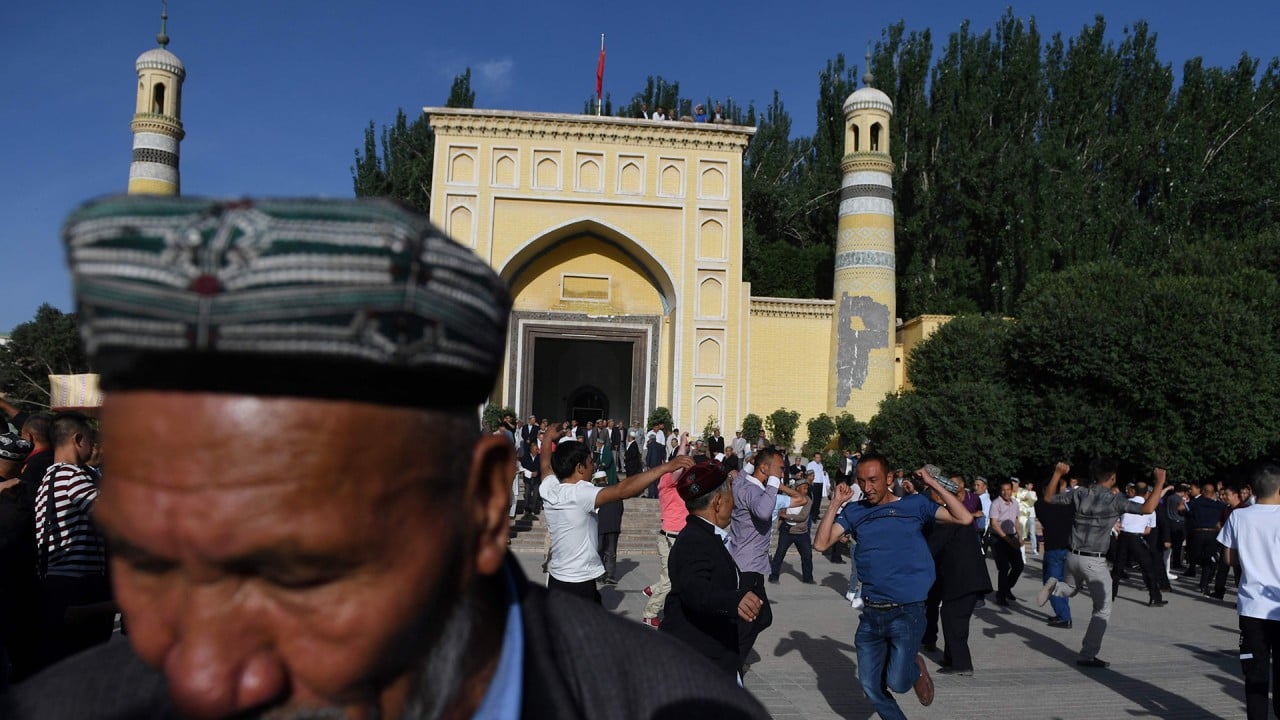
UN report on Xinjiang goes too far in its conclusions
- In the absence of convincing facts and arguments, it is difficult to understand how the mere enactment of a legal regime on terrorism can constitute a crime against humanity
- The report also relies too heavily on the testimonies of self-declared victims and their family members
Here, I shall highlight a few of the report’s observations and conclusions. Make of it what you will. The report zeroed in on five areas: vagueness of the legal regime against terrorism; application of the legal regime by imprisonment; the conditions in vocational education and training centres; “other” human rights concerns; and issues of family separation and reprisals.
First, the report did not say the regime was being used to repress human rights. It said it might be. Second, does not the International Covenant on Civil and Political Rights expressly say such rights are subject to reasonable legal restrictions to protect national security and public order? Third, and perhaps most importantly, how is the Chinese law any different or more unreasonable compared with other national security or terrorism laws?
Without producing convincing facts and arguments, it is difficult to understand how the mere enactment of a legal regime on terrorism can constitute a crime against humanity.
These targeted groups were required to stay in the facilities, and according to the UN report, generally ended up doing so for two to 18 months. The Chinese position is that these facilities are now closed and while the report cites a paucity of information in being able to confirm this or the number of detainees, it surmised that a “substantial proportion” of the Uygur and other predominantly Muslim ethnic minorities in Xinjiang were affected between 2017 and 2019. If so, why not conclude its “finding” in the past tense?
The fourth accusation is about the general state of Xinjiang’s basic human rights. Even if all this criticism is justified, does it constitute a crime against humanity? Are we not all living in this dark world where practically every country is guilty of some lack of respect for human rights? Are we all therefore guilty of crimes against humanity?
The last accusation is of family separations and reprisals, including “enforced disappearances”. Again, the report relies on interviews of self-declared victims and their family members. If true, this is an ugly chapter – but a crime against humanity?
Ronny K.W. Tong, QC, SC, JP, is a former chairman of the Hong Kong Bar Association, a member of the Executive Council and convenor of the Path of Democracy



